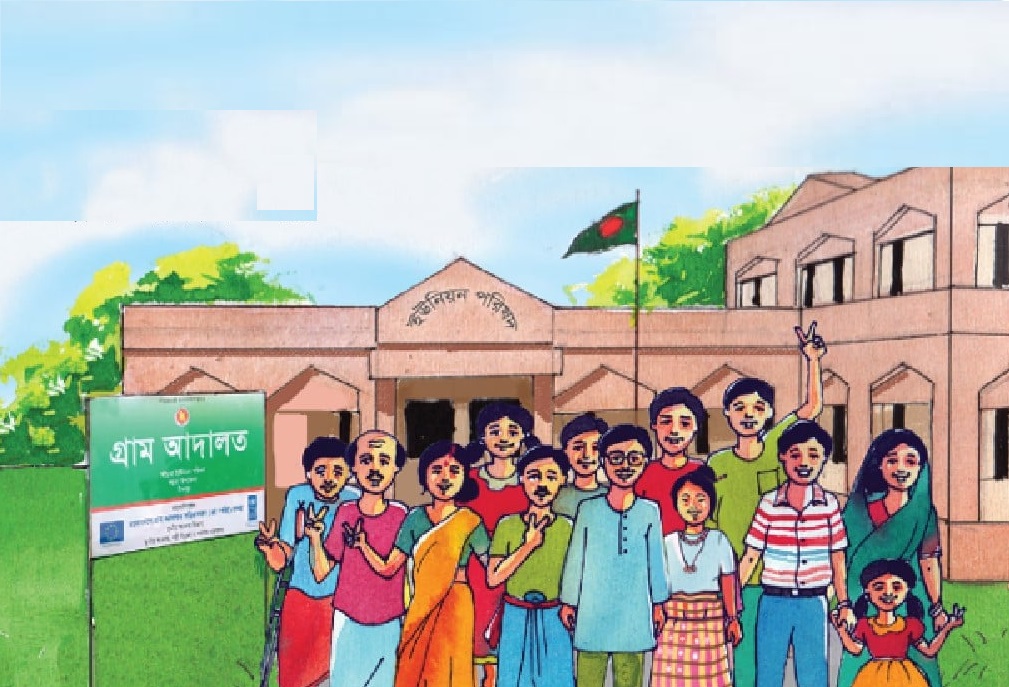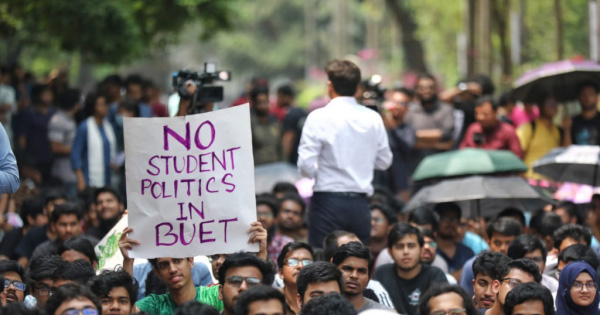The vision of a “Digital Bangladesh,” first introduced as part of the country’s broader development goals, was meant to be a symbol of progress and connectivity, promising widespread access to digital services and a stronger position in the global digital economy. However, the recent data from Ookla’s Speedtest Global Index of 2022 tells a different story. Ranking 121st out of 141 countries in terms of mobile internet speed, Bangladesh has fallen significantly short of its digital aspirations, raising critical concerns about the nation’s preparedness to thrive in an increasingly digital world.
At the heart of this underperformance is the stark contrast between the ambitions of Digital Bangladesh and the reality on the ground. With a maiden download speed of just 14.34Mbps, Bangladesh lags far behind global leaders like Qatar, which boasts a speed of 169.51Mbps, and even behind its regional peers. The Maldives, for instance, ranks 25th globally with a speed of 67.96Mbps, and neighboring India, despite its vast population and similar challenges, ranks 79th with a speed of 25.29Mbps. Such figures suggest that the challenges Bangladesh faces are not insurmountable, but rather a matter of prioritization and effective policy implementation.
The implications of this slow internet speed are multifaceted. For a country aiming to be a hub of digital innovation, poor connectivity hampers everything from education to e-commerce. As more sectors become reliant on digital platforms, slow internet speeds can stifle economic growth, discourage foreign investment, and limit the opportunities available to the youth. Moreover, in a global economy where remote work and digital services are increasingly the norm, inadequate internet infrastructure restricts Bangladesh’s ability to compete on an international stage.
The Bangladesh Telecommunication Regulatory Commission (BTRC) claims to be working towards improving this situation by ensuring stable fibre optic connections and sustainable spectrums for mobile operators. However, these efforts have yet to yield the necessary results, as evidenced by the country’s poor rankings. While some improvements have been noted among providers like Banglalink, which recorded a download speed of 19Mbps, the overall progress remains sluggish. Notably, state-owned Teletalk’s performance has declined, highlighting inefficiencies within the public sector that further contribute to the problem.
This underperformance also points to a deeper issue of policy execution. Although the government has implemented technical inspections and set quality targets for operators, these measures appear insufficient to drive the substantial improvements needed. The drop in the number of active mobile internet connections by 3 million from August to November 2022 underscores a growing dissatisfaction with the service. If the trend continues, it could lead to a digital divide where only a select few have access to reliable internet, undermining the very essence of a Digital Bangladesh.
In the realm of fixed broadband, the situation is somewhat better, with Bangladesh ranking 104th out of 178 countries and a maiden download speed of 35.25Mbps. However, even here, the country is far from being competitive globally. Singapore, the leader in this category, offers a speed of 225.71Mbps, underscoring just how far Bangladesh has to go.
In conclusion, while the dream of a Digital Bangladesh remains laudable, the country’s internet infrastructure is clearly lagging behind the aspirations it set out to achieve. The slow mobile and broadband internet speeds not only reflect a gap between ambition and reality but also pose significant risks to Bangladesh’s economic and social development in the digital age. To bridge this gap, there must be a renewed focus on not just setting policies but effectively implementing them. Without meaningful and sustained improvements, the vision of Digital Bangladesh risks becoming a promise unfulfilled.






